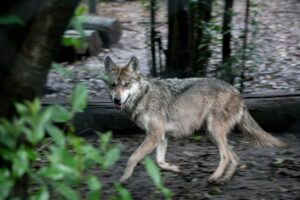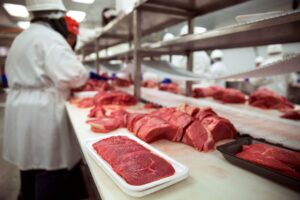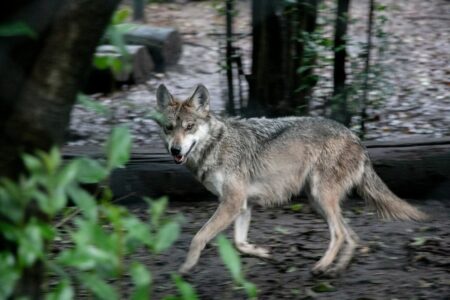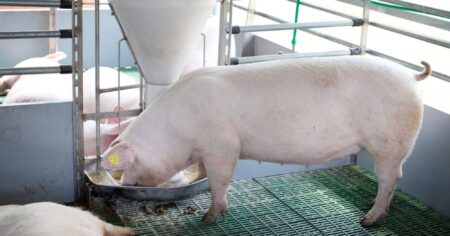Fur Commission USA said it has confirmed that one or more attackers illegally entered a mink farm near Woodbine, Iowa, between 9 p.m. and 8 a.m. Monday evening. According to the report, the intruders cut through fencing, destroyed animal housing, and released more than 1,000 mink.
About half of the animals were recovered within hours by the farmer, his son, and his grandson, a multi-generation family working together to save what they could. Local law enforcement and the FBI are investigating the incident.
“This was not activism — it was terrorism,” said Challis Hobbs, Executive Director of Fur Commission USA. “Breaking into a lawful business, destroying property, and releasing animals to suffer and die is a violent crime. These extremist attacks put families, animals, and rural communities in danger.”
Under the federal Animal Enterprise Terrorism Act, anyone who damages or interferes with an animal enterprise can be charged as a terrorist — a crime that carries severe penalties. The market value of farm-raised mink is considerably higher than wild-trapped mink.
The Woodbine incident is the latest in a series of attacks on American mink farms. Over the past two years, multiple large-scale releases have been reported across the country, from Pennsylvania to Ohio, where activists broke into facilities, destroyed enclosures, and set thousands of mink loose into the surrounding countryside.
In Pennsylvania, authorities described chaotic scenes as farm-raised mink scattered into nearby neighborhoods and woodlands, overwhelming responders. That case, like others, resulted in massive losses for producers and widespread animal suffering.
Two individuals from Massachusetts were later arrested in connection with a separate mink release in Pennsylvania, part of an ongoing effort by law enforcement to track down those responsible for these crimes.
One of the most severe attacks occurred in Ohio, where roughly 40,000 mink were released. Local officials described the aftermath as devastating, with thousands of animals dying from exposure, predators, or vehicle strikes.
These coordinated break-ins cause immense suffering and hardship. Farm-raised mink lack the survival skills to live in the wild and often perish within days. The releases not only destroy livelihoods but also endanger local ecosystems, pets, and drivers on rural roads.
For the families who care for these animals, the emotional toll is heavy. Generations of farmers invest their time, money, and energy into their work, only to see it undone in a single night by what Fur Commission USA calls “acts of rural terrorism.”












